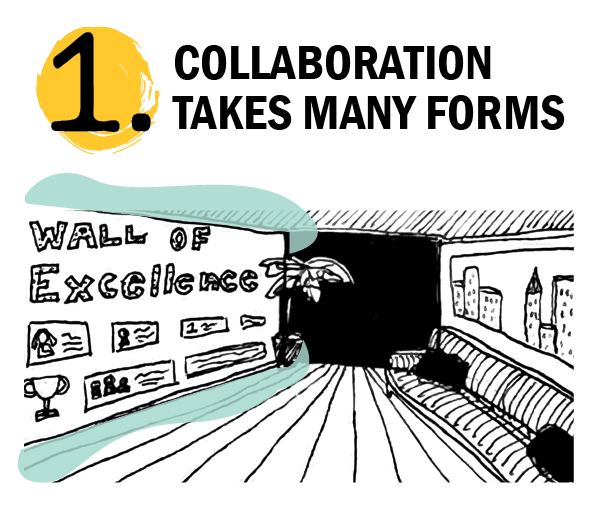Meet me at the water cooler
Workplace friendships took a hit during COVID. Surveys show that hybrid and remote workers feel lonelier and have fewer friends on the job, and yet, these relationships carry more weight than ever before. Having a close friend at work increases productivity, retention, and workplace satisfaction, among other benefits.
Now that offices are open for business, there’s an eagerness to boost in-person engagement and rebuild work relationships. Even for seasoned remote teams, it’s hard to match the bonding that comes with seeing the same familiar faces in the office pantry each morning or chatting about weekend plans at the copy machine. Rapport—positive, genuine connection—develops in ordinary and repeated moments of actual human contact.
Unfortunately, getting back to “normal” isn’t as simple as reinstating pre-COVID work policies.
The built environment is a stage for human activity, but it also shapes behaviors. Things like proportion, scale, acoustics, lighting, colors, and layout affect how people feel, behave, and interact in a space. Just as a well-considered workplace can foster connection and belonging, one that is poorly designed can contribute to isolation, conflict, and decreased productivity.

This bright and open free-address workspace in Perkins Eastman’s Pittsburgh studio welcomes collaboration with a variety of seating options, from high-top tables to sofas and communal worktables.
Photograph Andrew Rugge/Copyright Perkins Eastman





